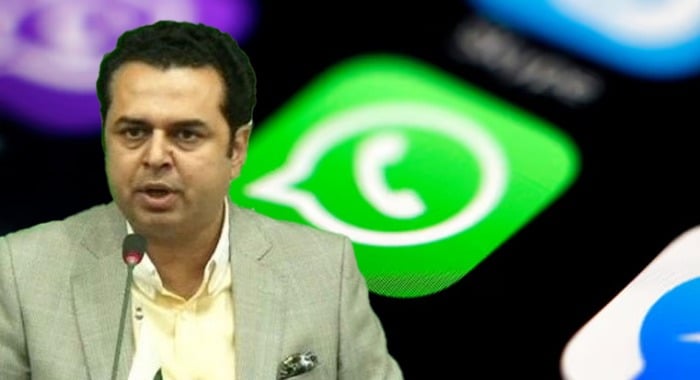Minister of State for Interior, Talal Chaudhry, has expressed deep concern over the Tehreek-e-Taliban Pakistan’s (TTP) use of WhatsApp to disseminate hate speech and extremist propaganda, calling it a serious security threat that demands immediate international attention.
In a statement posted on social media platform X (formerly Twitter), Chaudhry appealed to WhatsApp’s parent company and the global community to take urgent steps to curb this growing threat. He said the banned terrorist outfit is actively using encrypted messaging channels to glorify terrorism and promote its violent ideology.
“These accounts must be immediately shut down, and there should be automated systems to detect and suspend such numbers and channels,” Chaudhry urged, highlighting the need for tech platforms to act swiftly and responsibly.
The TTP, which was designated a Foreign Terrorist Organisation by the United States in 2010 and sanctioned by the United Nations in 2011, has been banned in Pakistan since 2008. Despite heavy military operations, especially the one in 2014 that significantly weakened the group, TTP has seen a resurgence in recent years, particularly in Khyber Pakhtunkhwa and Balochistan.
After briefly agreeing to a ceasefire in 2022 during Imran Khan’s tenure as Prime Minister, the group resumed attacks later that year. In July 2024, the Pakistani government officially labeled the TTP as “Fitna al-Khawarij”, a term rooted in Islamic history referring to extremist rebels, instructing all state institutions to refer to the group by this name.
According to the Pakistan Army, nearly 60,000 counter-terrorism operations were conducted across the country by the end of 2024. However, the 2025 Global Terrorism Index placed Pakistan second globally in terms of terror-related fatalities, with a 45% increase in deaths last year, reaching 1,081.
Chaudhry’s statement comes amid rising global concern over the use of encrypted and anonymous communication platforms by terrorist networks. He emphasized the need for a coordinated international response to address this emerging digital front in the fight against extremism.
“This issue cannot be tackled in isolation. A global strategy is now essential to stop terrorist groups from abusing digital tools to spread violence and fear,” he stated.





